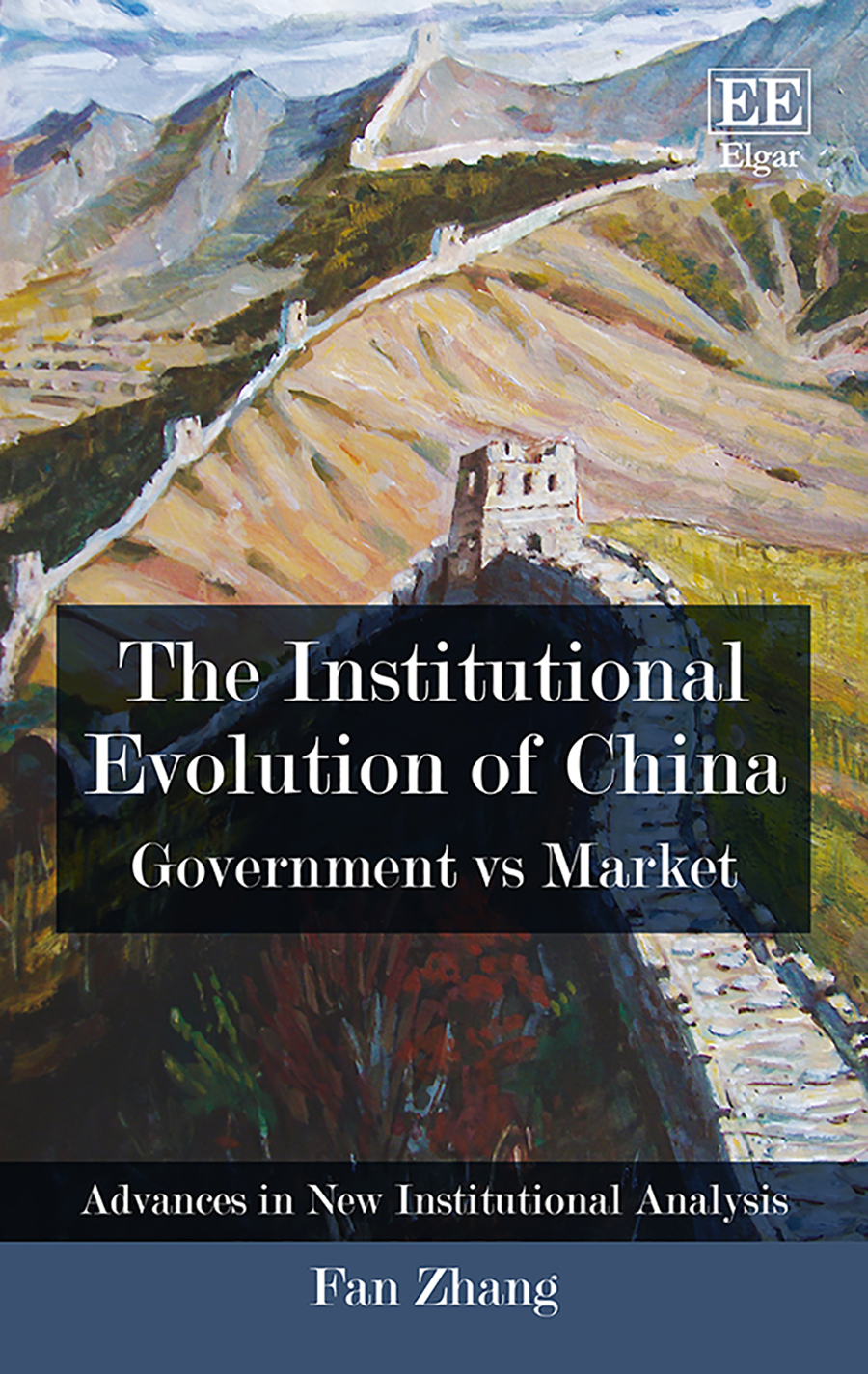Innovation is the turning of ideas into concrete realities. To the extent that this process is an economic one, it must also be subject to political decisions, and these determine which ideas are to have resources made available for their inÂ- novation. This book attempts to trace the relationship between ideas, resources and politics. Chapter I deals with the way economic innovation depends both upon markets and upon interference with markets. Schumpeter taught us how market power is essential for innovation. This chapter stresses that the inverse is also true: Innovation can take place wherever there is market power. A most important corollary of this, is that failure to develop any particular type of market power, need not prevent innovation from happening. It will then take place under the protection of whatever market power there is, and it will be geographically located wherever that market power is effective. Chapter II identifies and seeks to fill a major gap in the literature on innovaÂ- tion, by showing how important modern marketing has become for providing the conditions under which money may be rationally invested at high risk to get new things done. Marketing monopoly, or Persuasive market power, is now at least as important as the market power of Capability, or as the several types of Specific market power, in interference with market forces. It is therefore equally important for innovation.












